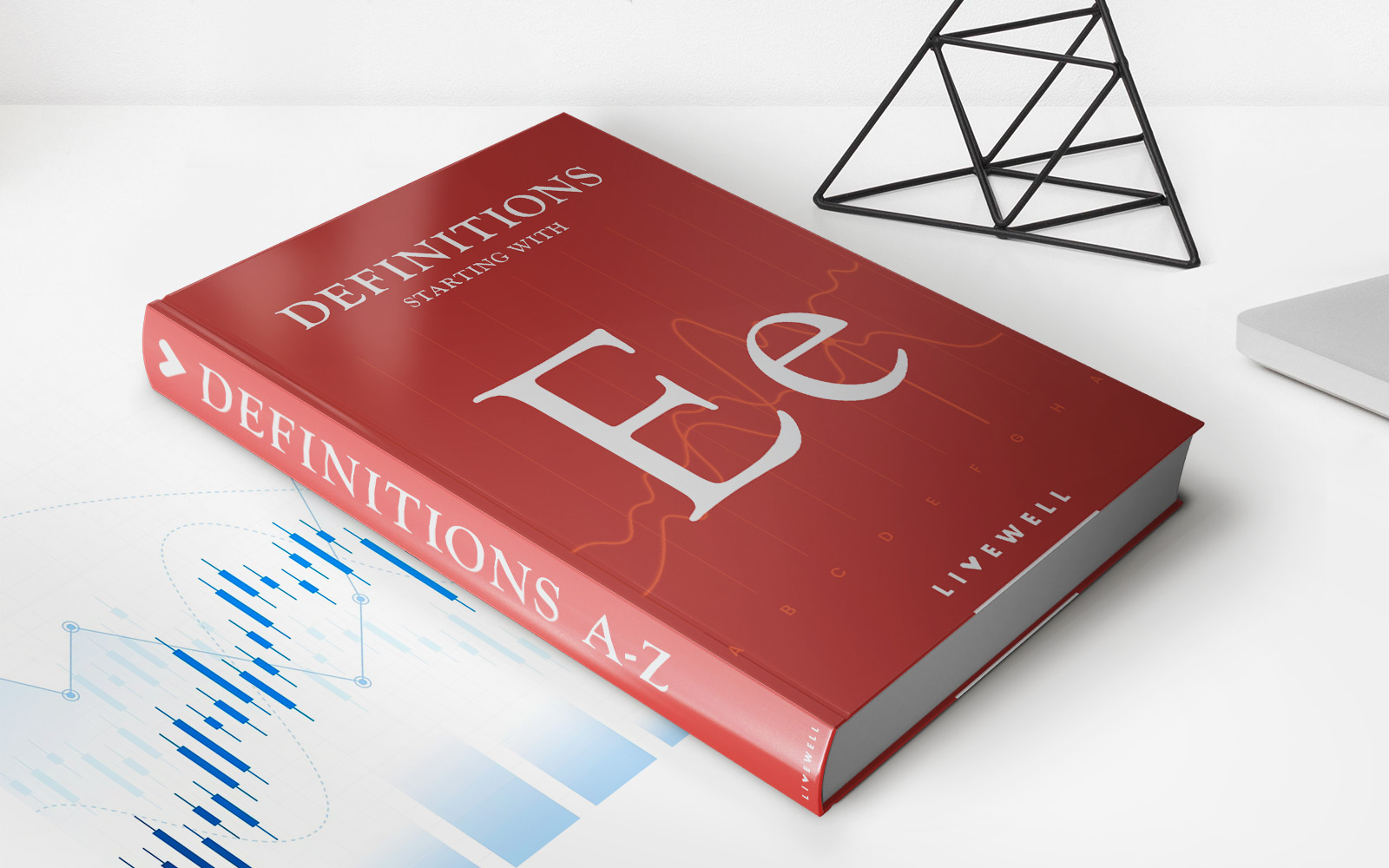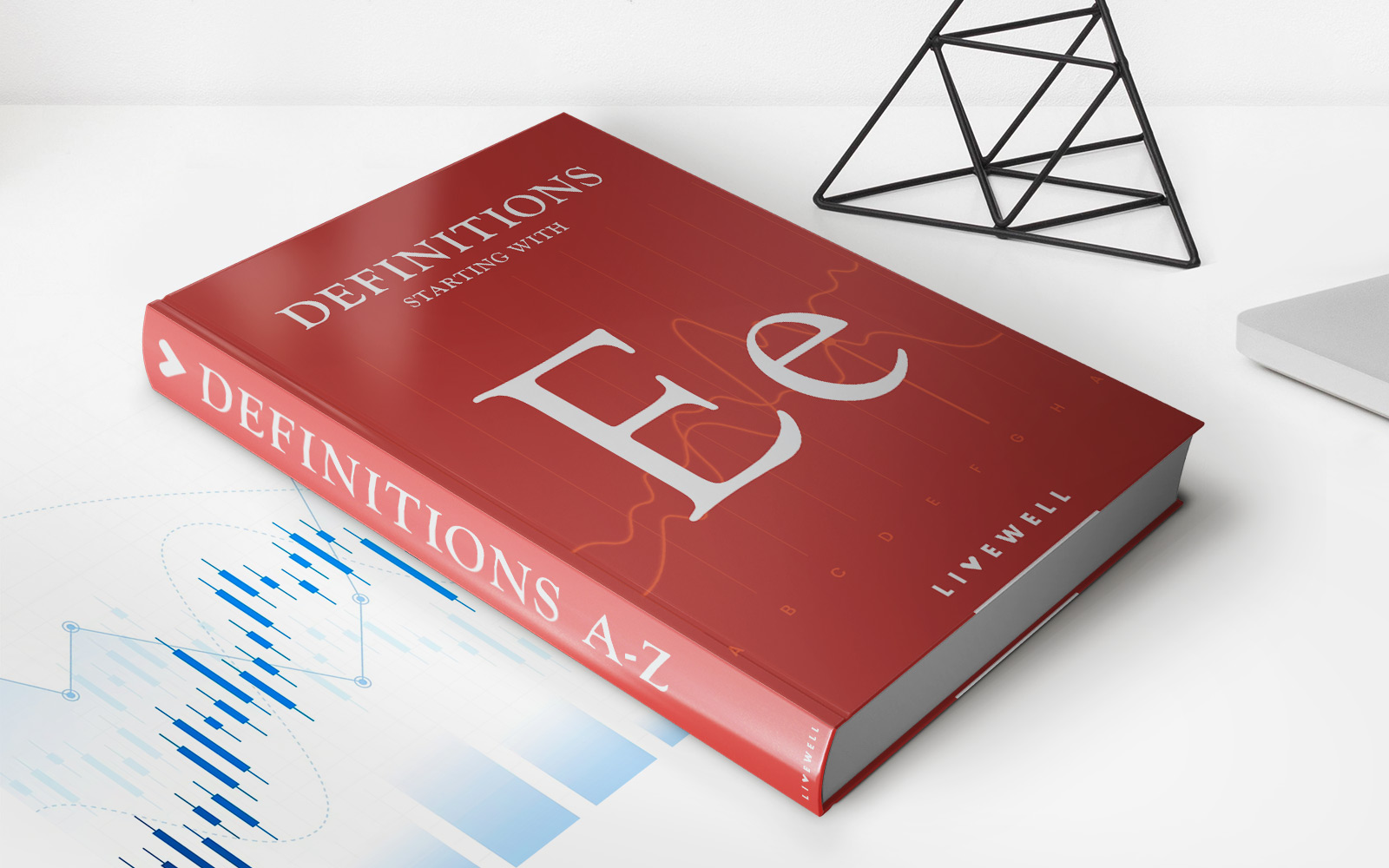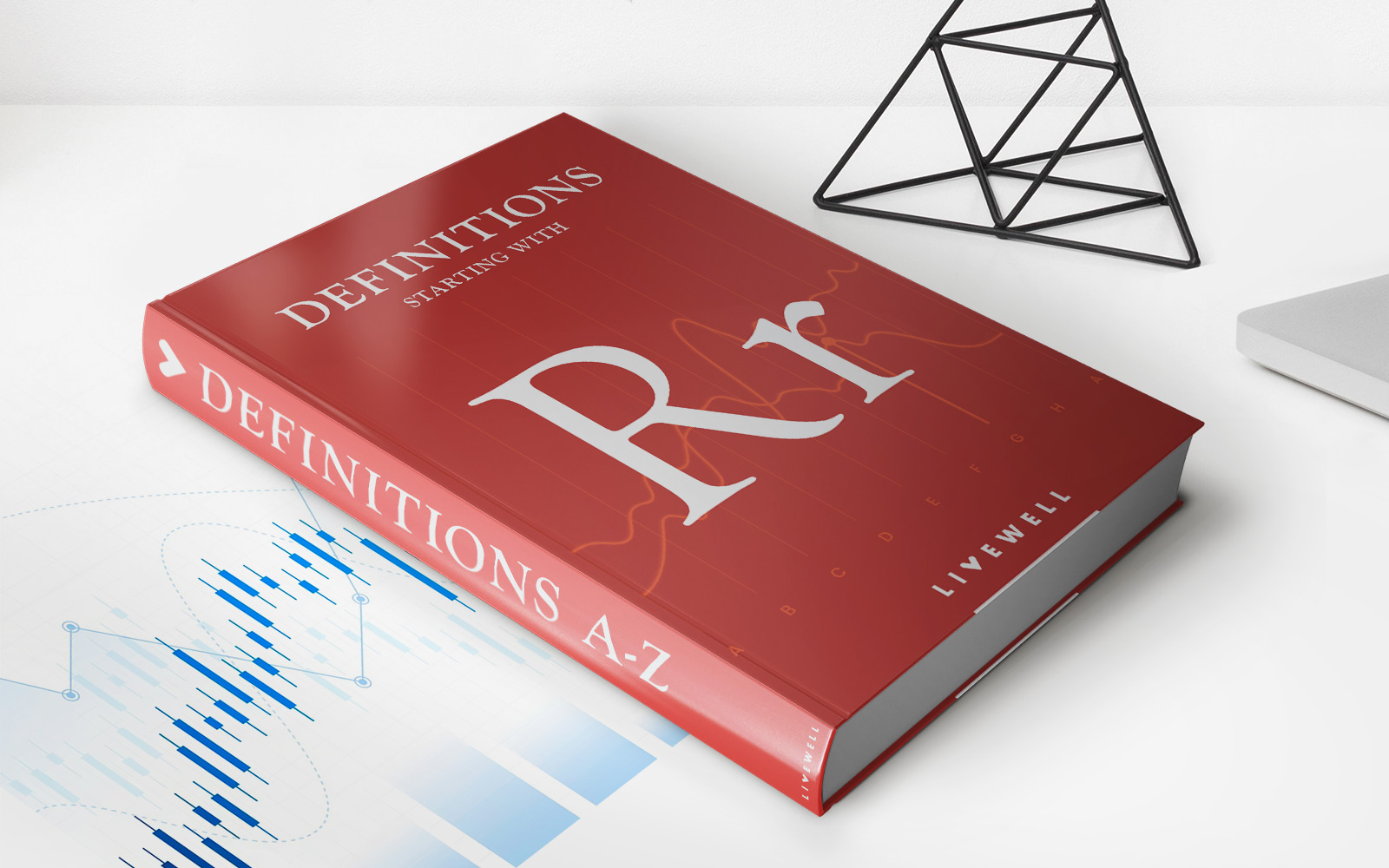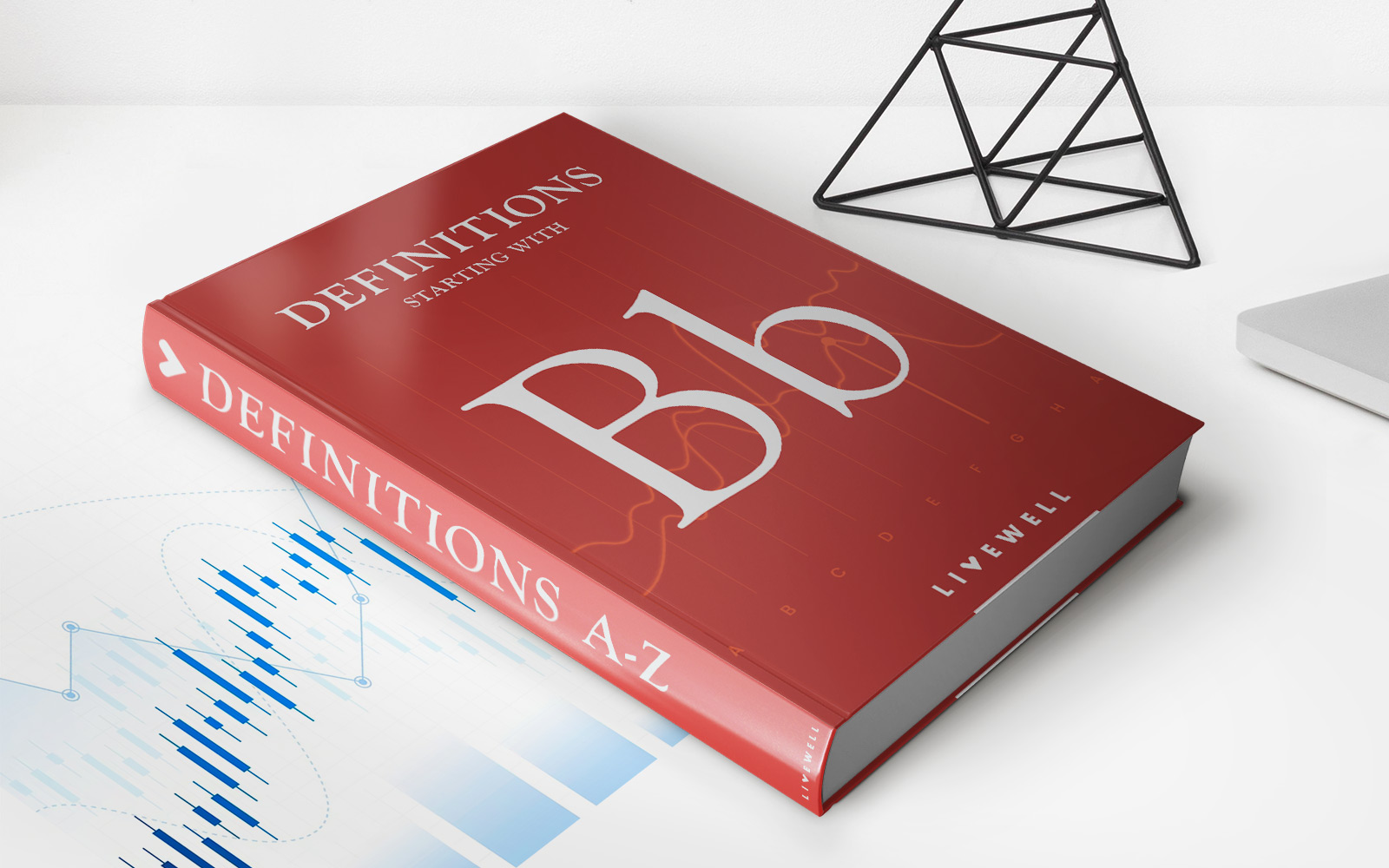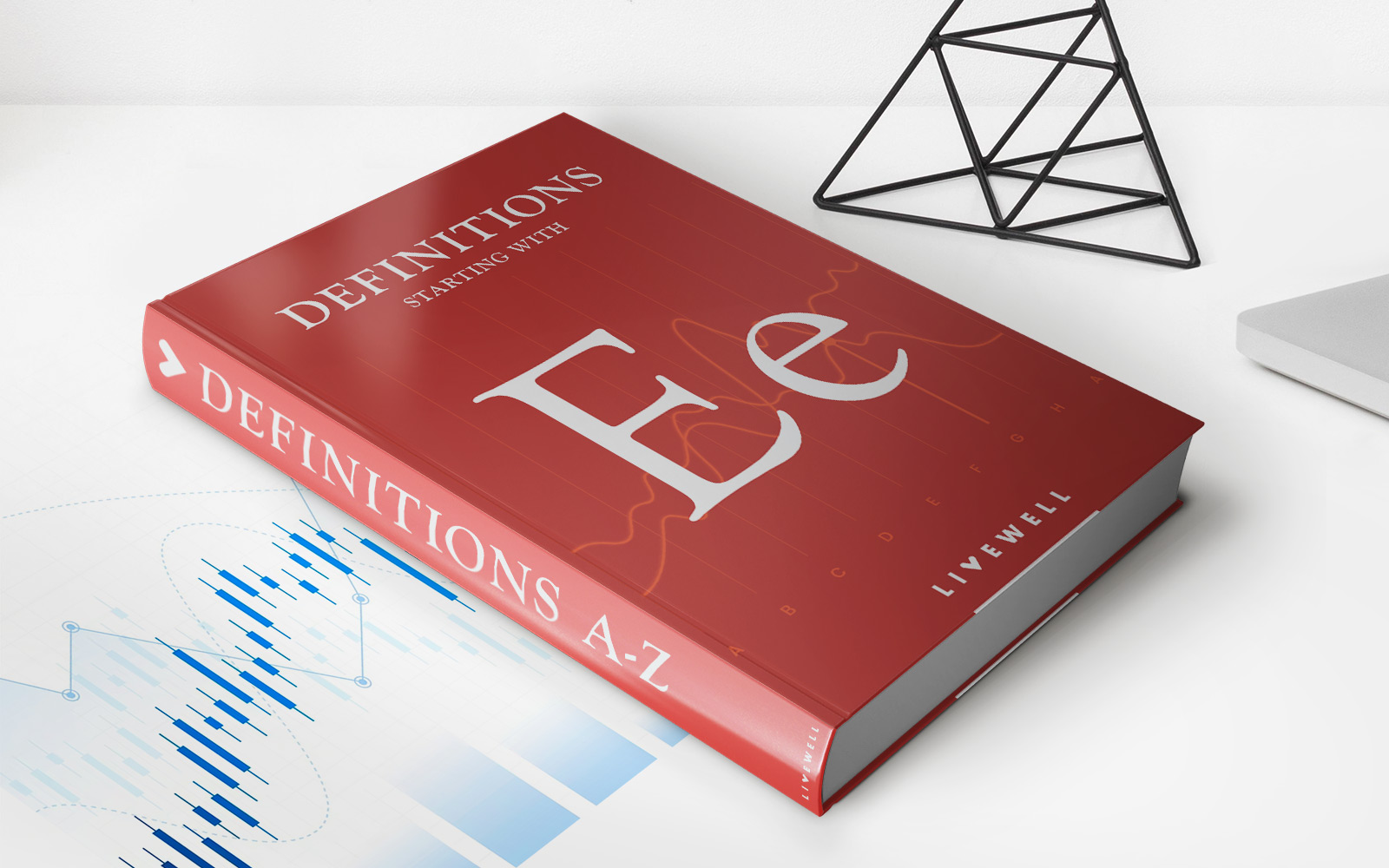

Finance
European Investment Bank (EIB) Definition
Published: November 19, 2023
Discover the definition of the European Investment Bank (EIB) and its role in finance. Expand your knowledge on financial institutions and their significance in the industry.
(Many of the links in this article redirect to a specific reviewed product. Your purchase of these products through affiliate links helps to generate commission for LiveWell, at no extra cost. Learn more)
Understanding the European Investment Bank (EIB): A Key Player in Finance
Welcome to our finance category! Today, we are diving into the topic of the European Investment Bank (EIB) and its role in the world of finance. If you’ve ever wondered what the EIB is and how it impacts various sectors, you’ve come to the right place. Let’s explore this influential institution and shed some light on its significance.
Key Takeaways:
- The European Investment Bank (EIB) is the European Union’s lending institution, providing finance and expertise for projects that contribute to EU objectives.
- The EIB plays a crucial role in supporting economic development, promoting European integration, and tackling global challenges such as climate change.
The European Investment Bank, commonly referred to as the EIB, is a unique financial institution with a significant impact on the European Union and its member states. Established in 1958, the EIB operates as the EU’s long-term lending institution, using capital resources raised on financial markets to finance projects that contribute to the EU’s policy objectives. But what exactly does that mean?
At its core, the EIB provides long-term funding for projects that boost economic growth, create jobs, and enhance the overall well-being of EU citizens. It offers loans, guarantees, and other forms of financial support to public and private entities operating in a wide range of sectors, including transport, energy, healthcare, education, and small and medium-sized enterprises (SMEs).
One key aspect of the EIB’s mission is to promote European integration and cohesion. Through its lending activities, the bank contributes to reducing regional disparities within the EU by investing in projects that support less-developed regions. This contributes to economic convergence among member states and strengthens the overall stability of the European Union.
The EIB also plays a vital role in addressing global challenges and sustainable development. It has been at the forefront of funding projects that tackle climate change, support renewable energy initiatives, and promote environmental sustainability. The bank strives to align its investments with European Union climate and environmental objectives, fostering the transition towards a greener and more sustainable Europe.
Part of the EIB’s success can be attributed to its expertise in project financing and risk management. The bank carefully assesses the financial viability and sustainability of each project it funds, ensuring that the investments generate significant economic, social, and environmental benefits over the long term. This responsible approach helps maintain the EIB’s credibility and ensures that its financing decisions have a positive and lasting impact.
In conclusion, the European Investment Bank (EIB) is a significant player in the world of finance, supporting EU policies, promoting economic development, and tackling global challenges. Through its lending activities, the EIB fuels growth, creates jobs, and contributes to the integration and stability of the European Union. Additionally, the bank leads the way in sustainable finance, investing in projects that combat climate change and foster environmental sustainability. The EIB’s expertise and responsible financing make it a vital institution that helps shape the future of Europe.


